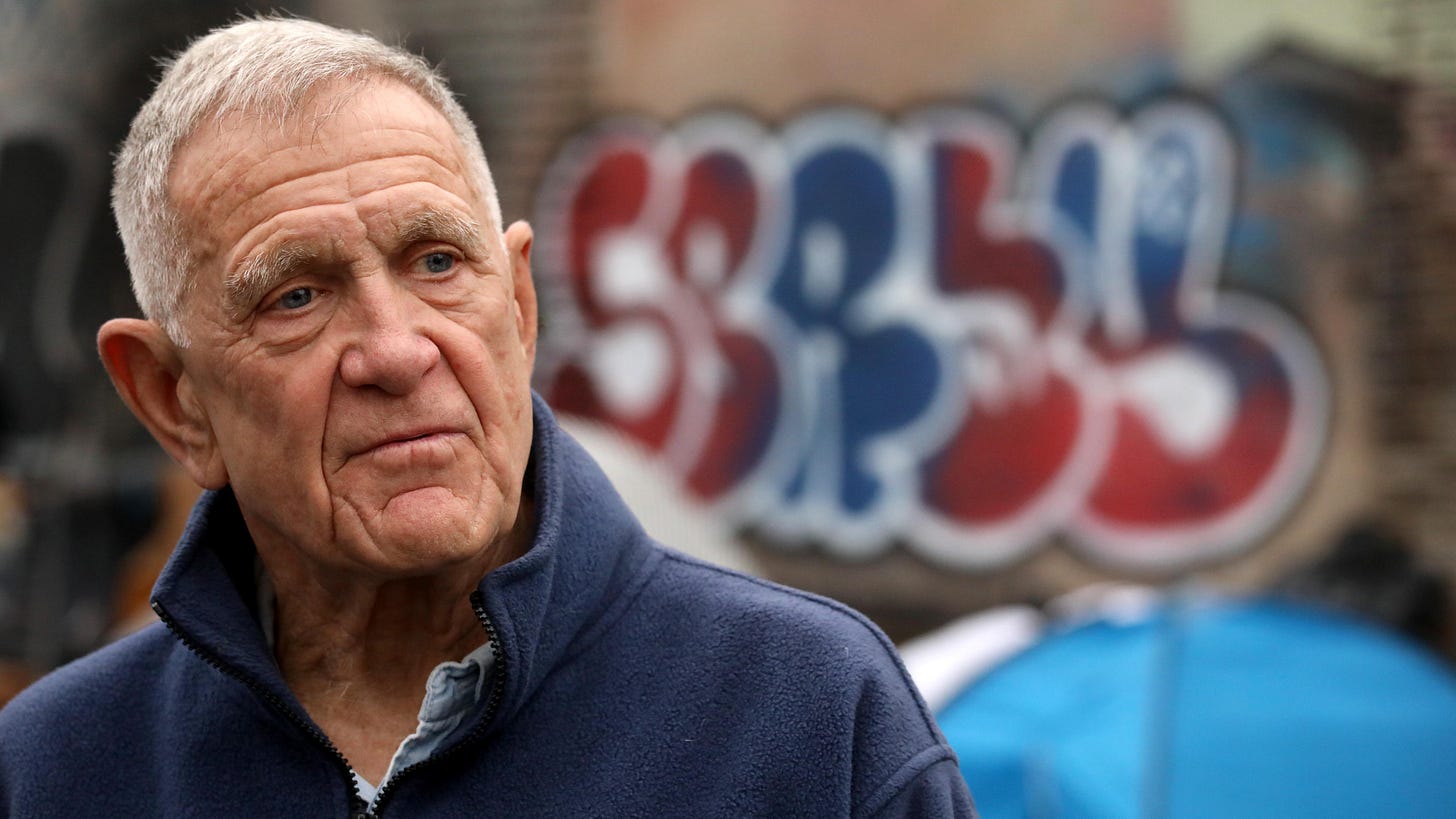Update: Judge rules in favor of disabled veterans in case against Veterans Affairs
Judge Carter's summary judgement finds the VA's leasing of land to housing developers discriminates against vets — but their case will still go to trial in August.

In a surprise ruling filed July 14, U.S. District Judge David O. Carter found in favor of a class action of Los Angeles County disabled veterans, saying the Department of Veterans Affairs had entered into a charitable trust when it accepted a gift of hundreds of acres donated in 1888 for the specific purpose of building veterans housing.
The land is currently the site of the West LA VA, which for decades has been a flashpoint in a housing crisis disproportionally affecting military veterans. “Los Angeles is the homeless veterans’ capital of the United States,” Carter writes in his ruling. The line echoes the opening of Long Lead’s Home of the Brave feature, published last month.
In the summary judgement filed Sunday, Carter also ruled that the VA has discriminated against veterans through its practice of leasing areas of the West LA VA campus to third-party developers who finance project-based housing developments through funding sources that require income restrictions for their residents. As a result, veterans who are more severely disabled (and therefore receive higher disability payments) are not allowed to live in on-campus housing closest to the medical facilities where they receive care.
“That third-party developers, not the VA, are the ones directly imposing the discriminatory conditions is of no consequence,” Carter writes in the ruling. “Defendants cannot outsource discrimination.” This discriminatory practice is outlined in “Carving up the Map,” Part 4 of Home of the Brave.
Carter’s summary judgement comes weeks ahead of the August 6 trial start date for Powers v. McDonough, in which the class alleges “despite a lawsuit, two Acts of Congress, and two reports of the Office of Inspector General detailing the VA’s failings, the West Los Angeles VA’s Master Plan 2022 will leave thousands of veterans to live and die on the streets of Los Angeles for many years to come.”
Summary judgements can be issued when a party argues that the material facts of a case are not in dispute. In this case, both the veterans and the VA moved for the ruling, and while Carter did find for the plaintiffs in both these instances, he notes that other issues in the case are yet to be decided.
Among the claims to be sorted through — now that Carter has determined that the VA has a fiduciary duty to veterans under the charitable trust it entered into by accepting the land — is whether the VA breached its trust by leasing out the property to outside interests. This is an argument veterans have made going back to the Vietnam war, as well as in their current case which was filed in November 2023.
The overarching issue yet to be decided at trial is whether permanent supportive housing is “necessary to ensure that Plaintiffs have ‘full and equal enjoyment’ of their healthcare benefits,” Carter writes.
For more on the veterans’ fight for housing in Los Angeles, and the history of the West LA VA, read Home of the Brave, a multi-part, multimedia feature produced by Long Lead. And to keep up-to-date on the trial, sign up for updates here.






